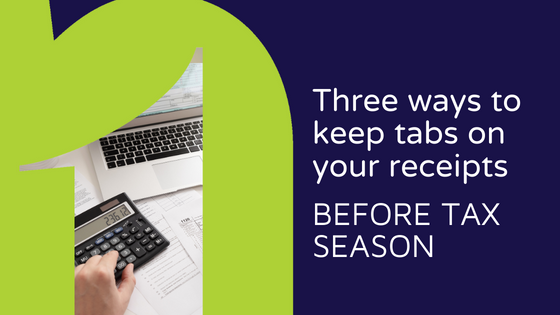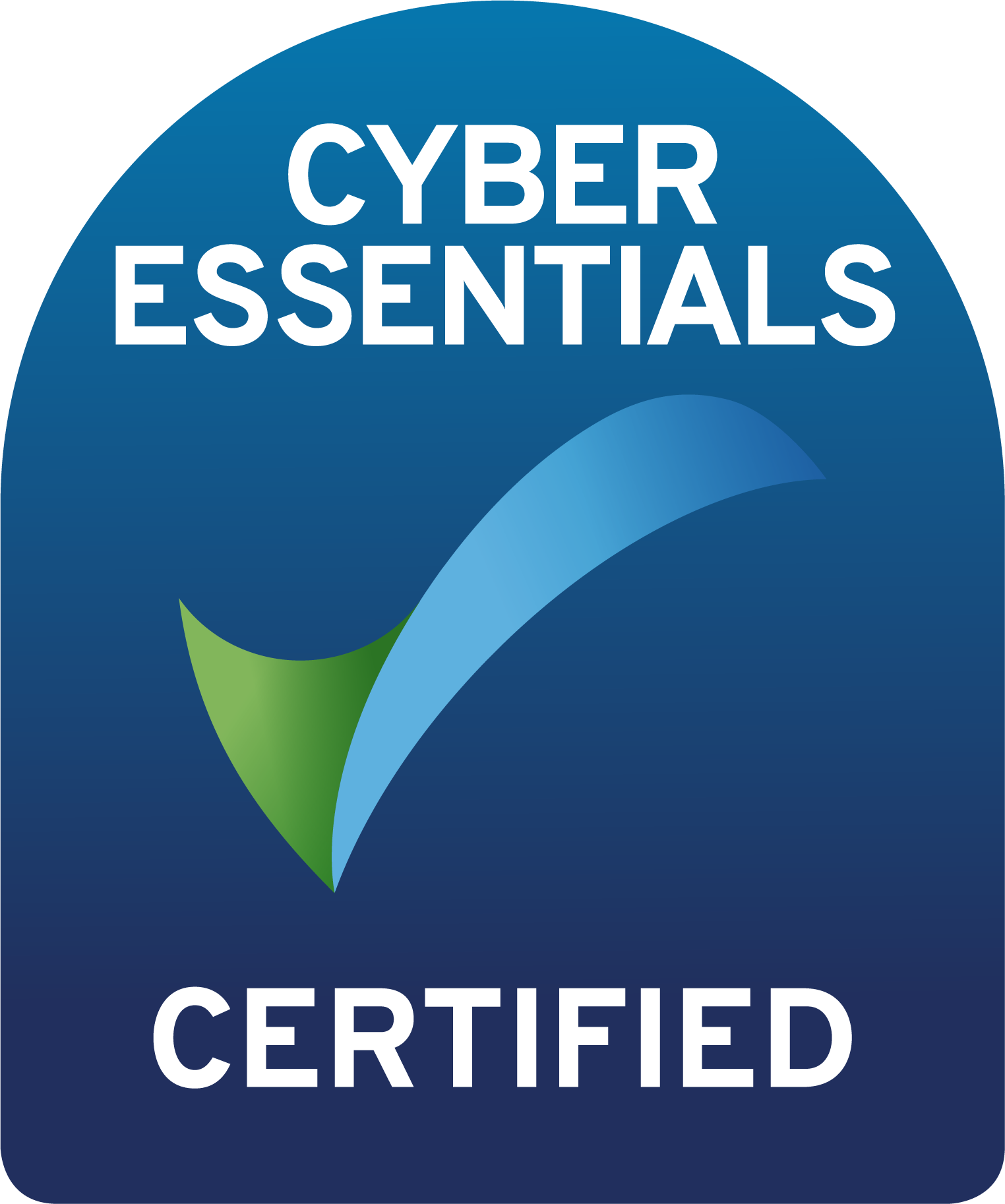
Three ways to keep tabs on your receipts before tax season
Business, Finance - 06/04/2023
One of bookkeepers’ most essential roles is ensuring our clients’ financial records are accurate and up to date.
This means processing and filing any receipts we receive throughout a given month. Financial records could be anywhere from invoices, bank statements and tax documents.
Each one is absolutely integral to understanding the flow of cash coming in and going out, giving you insight into the overall health of your business.
To help take the hassle out of managing your receipts, here are some ways to make things a little easier.
Organise a single access point
The best way to keep tabs on your finances is to put them in one place that’s easy to access.
This could be a cardboard box to a bag. Just make sure you store them as soon as you receive them. It makes sorting through them later a breeze.
Take note that we only recommend this as a means of keeping your documents together. It shouldn’t be seen as a way of filing or sorting your receipts.
Since the HMRC accepts digital copies of most financial documents, scanning your receipts on your computer makes this job more manageable.
It’s always best to check which documents are accepted digitally and which ones need to be physical only.
Categorise your records
Receipts detailing travel expenses are not the same as supplier invoices and will need to be sorted through properly.
If you understand your daily business expenses throughout an average work week, then it’s a good idea to categorise each type of expense.
This could be marketing, office rent, and staff costs. There are lots of things that can be claimed as business expenses.
Make time
We understand how busy running your own business can be, but there’s nothing more daunting than going through a year’s worth of receipts.
Sifting through those hundreds of loose documents can pave the way for some serious mistakes.
Filing an incorrect tax return, even if it was an accident, can end up costing you a 30% increase on top of what you already owe.
If you’ve made a mistake, it’s best to tell the HMRC immediately. Concealing evidence can lead to more significant penalties, or worse, prison time.
Simply taking fifteen minutes out of your day to sort through any outstanding receipts can save you a tremendous amount of time and stress down the line.
Keeping your books up to date with well-organised financial records is an important task every business owner should dedicate time to.
Not only can it accurately measure the success and growth of your businesses, but it can also keep you well on budget.
Outsourcing your cashiering services can offer a liferaft to anyone struggling to keep their affairs in order. Why call us today and get started?
More from the Knowledge Hub
From information and help around all things accounts, to our thoughts and commentary on what’s happening in the world of law and finance – you’ll find it all here.
Understanding the AAT Code of Ethics
At Numero, we’re not just experts at managing accounts; we’re also committed to managing them […]
Introducing Darren Whelan, our new Head of Compliance!
Darren is a legal finance and compliance specialist with an impressive career that spans four […]
Top 8 bookkeeping mistakes made by new businesses
Let’s face it… starting a business comes with its fair share of challenges. From securing […]
Accounting ethics – Dos and don’ts and why it matters
Accounting ethics refer to the principles, values, and standards that guide the behaviour and decision-making […]
